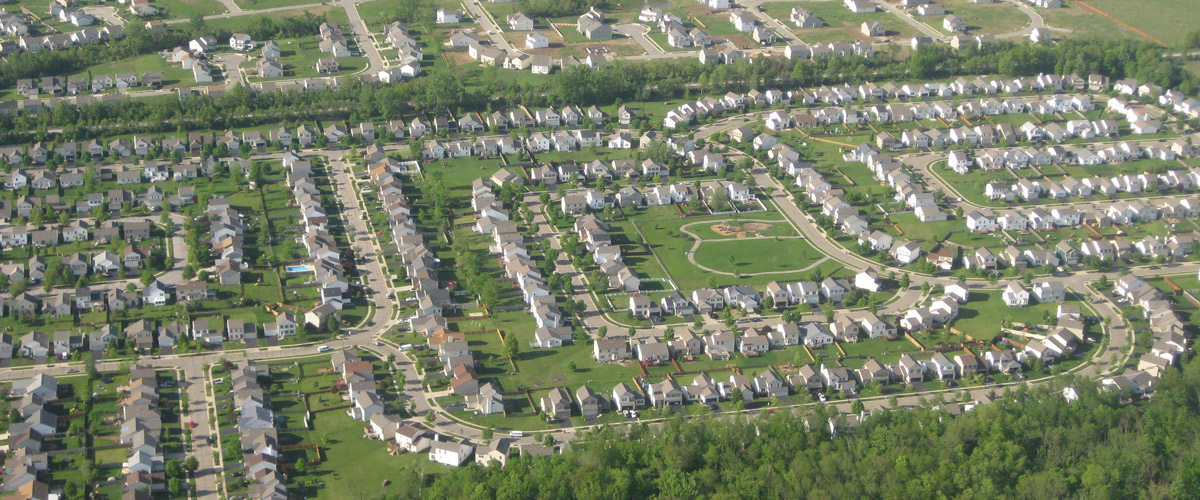Community Engagement COVID Featured Jurisdictions April 21, 2016
As COVID-19 presents daily challenges for city leaders across the United States, the need to attend to the risk and reality of the virus spreading disproportionately within certain communities, including those impacted by the justice system, intensifies.
To address this, cities continue to make adjustments that protect residents, promote public safety and encourage reform.
A recent meeting of the Criminal Justice Policy Advisors Network – a peer learning group convened by National League of Cities (NLC) through the support of the Safety and Justice Challenge – highlighted examples of the procedural and policy shifts underway in various cities including Philadelphia, Indianapolis and Newark.
“Philadelphia has been committed to criminal justice reform, and our focus on those reforms continues despite the COVID-19 crisis,” said Philadelphia Mayor, Jim Kenney. “We continue to work with our partners in the criminal justice system, the First Judicial District, the District Attorney’s Office, and the Public Defender’s Office, to hold virtual hearings to expedite the release of inmates held for low-level offenses. So far the total prisons population has decreased 13 percent in less than a month since we started this new process.”
“Our first priority during the pandemic is the health and wellness of Newark residents,” said Newark Mayor Ras Baraka. “Prior to COVID-19, all of Newark’s public safety strategies and policies were proactive, data-driven, and through a community-based lens. We are utilizing the same method and approach in our response to COVID-19. This is the only way that we will have true systemic and sustainable impact to protect the safety of our residents and our City’s future.”
As NLC retains the SJC focus on reducing the use of jails and moving toward equity – and cities race to alter systems in efforts to save lives – local leaders respond with reform, as illustrated in the examples below from three cities:
Rachael Eisenberg, the Director of Policy and Planning with the City of Philadelphia, PA – Office of Criminal Justice:
- Adjust policing practicesfor low level offenses to avoid physical custody until after the pandemic
- Collaboratively work to reduce the number of people being held in custody on low amounts of cash bail
- Work with the courts to increase jail releases for the elderly, medically vulnerable and individuals in custody for and low-level offenses
- Eliminate most jail visits
- Increase sanitation practices within local correctional facilities
Lena Hackett, President of Community Solutions, working under contract with the City of Indianapolis/Marion County, IN Department of Public Safety:
- Law Enforcement issuing citations for low level offenders to reduce jail admissions
- Reduce the jail population by half through releases
- Connect returning citizens to Medicaid upon release to ensure access to healthcare
- Increase virtual response options to calls for first responders, and increase PPE to protect them
- Ensure jails have the appropriate sanitation supplies
- Providing community supervision via telephone and video – not in person
Shoshanna M. Page, Sr. Policy Advisor and Communications Strategist for Mayor Ras Baraka, in coordination with Director of Public Safety, Anthony Ambrose, City of Newark, NJ:
- Engage in daily, city-wide operations to increase awareness of and compliance with social distancing and shelter-in-place mandates
- Issue summonses for people violating the City’s shelter-in-place order and those not maintaining proper six-foot social distancing
- Minimize direct contact between the public and officers via:
- Increased use of telephone and online reporting
- Self-reporting of motor vehicle accidents not involving injury
- Reassignment of personnel into precincts to supplement the uniformed patrol force
- Changes in arrest policy for non-indictable & traffic warrants, minor offenses (increased use of summonses in lieu of arrests in order to decrease risks of exposure)
- Implement a Wellness Unit to conduct health checks for police and fire employees, as well as, distribute personal protective equipment
- Continuously utilize public safety technology and data to map and track COVID-19 cases
- Establish ‘Be Still Mondays,’an initiative encouraging a full City of Newark “shut down” to combat COVID-19 spread
- Suspend parking enforcement, except for those creating a public safety hazard
COVID-19 disproportionately effects communities of color, the same communities that also consistently face inequity within the justice system. Since 2015, the Safety and Justice Challenge has supported efforts in cities and counties to address the systems responsible for overincarceration and inequity. Now, as cities confront this disproportionality in response to the coronavirus, city leaders must take swift and conscious action to alter the same systems.
The National League of Cities will continue to connect with city leaders and share updates and recommendations on justice related reforms as they develop, advance and adapt in response to the pandemic.
—Kirby Gaherty is a Program Manager, Justice Reform & Youth Engagement at the National League of Cities Institute for Youth, Education, and Families.
—Andrew Moore is a Director, Youth and Young Adult Connections at the National League of Cities Institute for Youth, Education, and Families.



